RCMP Age Limit Criteria: Joining the Force
Are you considering a career with the Royal Canadian Mounted Police (RCMP)? One of the first questions you may have is about the age requirements. The RCMP has no specific age limit for applicants, but there are certain criteria you must meet to join the force.
To be eligible for a career with the RCMP, you must be a Canadian citizen or a permanent resident. Proficiency in English or French is also necessary, as effective communication is vital in policing. Having a high school diploma or equivalent is another requirement. Good health, meeting vision and hearing standards, and having no criminal convictions or charges pending are essential qualifications as well.
While there is no maximum age limit, applicants must be at least 19 years old. In addition, possessing a valid driver’s license and being able to spend 26 weeks at the RCMP Academy in Regina are part of the criteria. Flexibility is also key, as RCMP officers may be required to relocate anywhere within Canada.
It’s important to note that other police forces in Canada may have their own age requirements and additional criteria. If you are considering a career in policing, it’s essential to research the specific requirements of the police agency you are interested in joining.
Key Takeaways:
- The RCMP has no specific age limit for applicants, but certain requirements must be met.
- Being a Canadian citizen or a permanent resident is necessary.
- Proficiency in English or French is required for effective communication.
- A high school diploma or equivalent is necessary.
- Good health, meeting vision and hearing standards, and having no criminal convictions or charges pending are essential qualifications.
- Applicants must be at least 19 years old and possess a valid driver’s license.
- Being able to spend 26 weeks at the RCMP Academy in Regina is part of the criteria.
- RCMP officers may be required to relocate anywhere within Canada.
Minimum Requirements for Police Officer Applicants
In order to become a police officer in Canada, there are certain minimum requirements that applicants need to meet. These requirements ensure that individuals have the necessary qualifications and eligibility to perform the duties of a police officer effectively and responsibly.
The general requirements for police officer applicants include:
- Being a Canadian citizen or a permanent resident
- Having a high school diploma or equivalent
- Being in good health
- Meeting vision and hearing standards
- Having no criminal convictions or charges pending
However, it’s important to note that each police force may have its own specific requirements in addition to the general ones mentioned above. These additional requirements may include restrictions on driver’s licenses, residency requirements, or the need for additional certifications like first aid and CPR.
Prospective police officer applicants should carefully review the requirements of the specific police agency they are interested in joining to ensure they meet all the necessary criteria.
| Police Agency | Additional Requirements |
|---|---|
| RCMP | Valid driver’s license, ability to spend 26 weeks at the RCMP Academy in Regina, willingness to relocate anywhere within Canada |
| Toronto Police Service | Residency in Toronto, additional language proficiency |
| Vancouver Police Department | Residency in Vancouver, physical fitness test |
By fulfilling these minimum requirements and any additional criteria set by the specific police force, applicants can increase their chances of becoming successful police officers and contributing to the safety and security of their communities.
Potential Disqualifiers for a Policing Career in Canada
While pursuing a career in policing in Canada does not come with specific age restrictions, there are several factors that can potentially disqualify an individual from becoming a police officer. It is essential for applicants to be aware of these disqualifiers to ensure they meet the necessary criteria.
1. Language Requirements: Fluency in English or French is crucial for effective communication as a police officer. Inability to meet this language requirement may disqualify an applicant.
2. Poor Physical Condition: Police work can be physically demanding. Applicants should be in good overall health and meet the necessary physical fitness standards to perform the duties required of a police officer.
3. Psychological Examination Requirements: Mental health and psychological well-being are imperative in a profession that often involves high-stress situations. Failing to meet the psychological examination requirements may result in disqualification.
4. Inability to Work Shifts: Police officers work on rotating shifts, including evenings, nights, weekends, and holidays. Candidates who are unable to commit to these work schedules may be disqualified from the application process.
5. Medical Conditions: Medical conditions that interfere with job performance or pose risks to oneself or others may disqualify an applicant. Each police agency has its own guidelines regarding medical disqualifications.
6. Criminal Convictions or Pending Charges: Having certain criminal convictions or pending charges may disqualify an individual from becoming a police officer. Background checks are an integral part of the application process to ensure the suitability of candidates.
It is important to note that each police agency may have its own specific disqualifiers in addition to these general factors. Aspiring police officers should thoroughly review the requirements of the specific agency they are interested in joining.
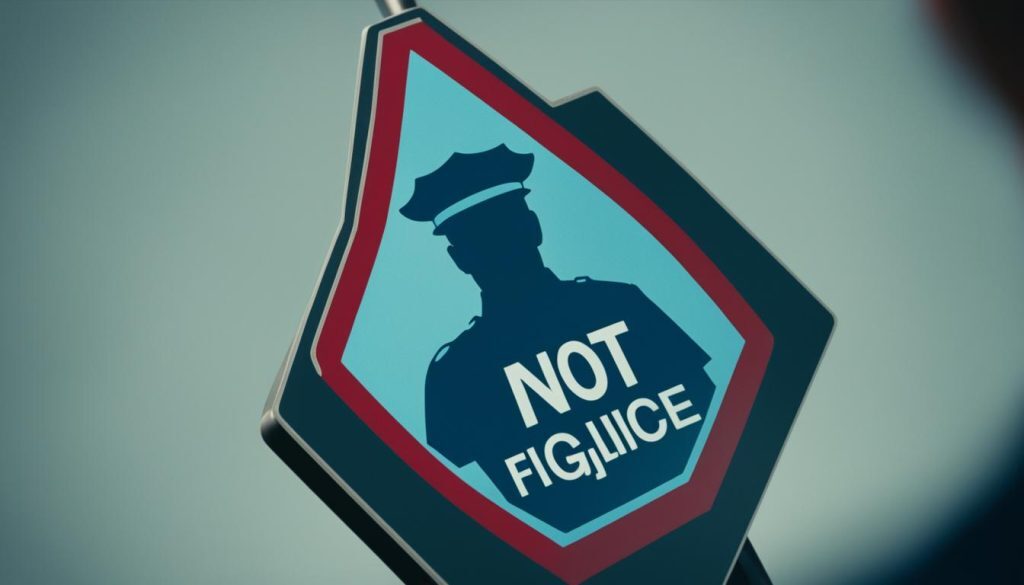
| Disqualifiers | Reasons |
|---|---|
| Language Requirements | Inability to meet the fluency requirement in English or French |
| Poor Physical Condition | Inability to meet the necessary physical fitness standards |
| Psychological Examination Requirements | Failure to meet the psychological evaluation criteria |
| Inability to Work Shifts | Unavailability or inability to work on rotating shifts |
| Medical Conditions | Conditions that interfere with job performance or pose risks |
| Criminal Convictions or Pending Charges | Presence of certain criminal convictions or pending charges |
Myths About Police Career Requirements
When it comes to pursuing a career in policing, there are several common myths and misconceptions that can mislead potential candidates. Let’s debunk these myths and shed light on the true requirements for becoming a police officer.
- Myth 1: Fluency in both English and French is required.
- Fact: While bilingualism is an asset, fluency in either English or French is sufficient for most police agencies in Canada.
- Myth 2: Height or athletic build are determining factors.
- Fact: Physical fitness requirements can be met regardless of height or body type. It’s about meeting the necessary standards and demonstrating overall physical capability.
- Myth 3: A degree in criminology is necessary.
- Fact: While a degree in criminology can be beneficial, most police agencies require a high school diploma or equivalent, with additional post-secondary credits that vary depending on the agency.
- Myth 4: There is a maximum age limit to join the police force.
- Fact: There is only a minimum age requirement, and there is no specific upper age limit for becoming a police officer. As long as candidates meet the necessary qualifications, age is not a barrier.
By understanding the truths about police officer qualifications, aspiring candidates can dispel these common myths and make informed decisions on their career paths.
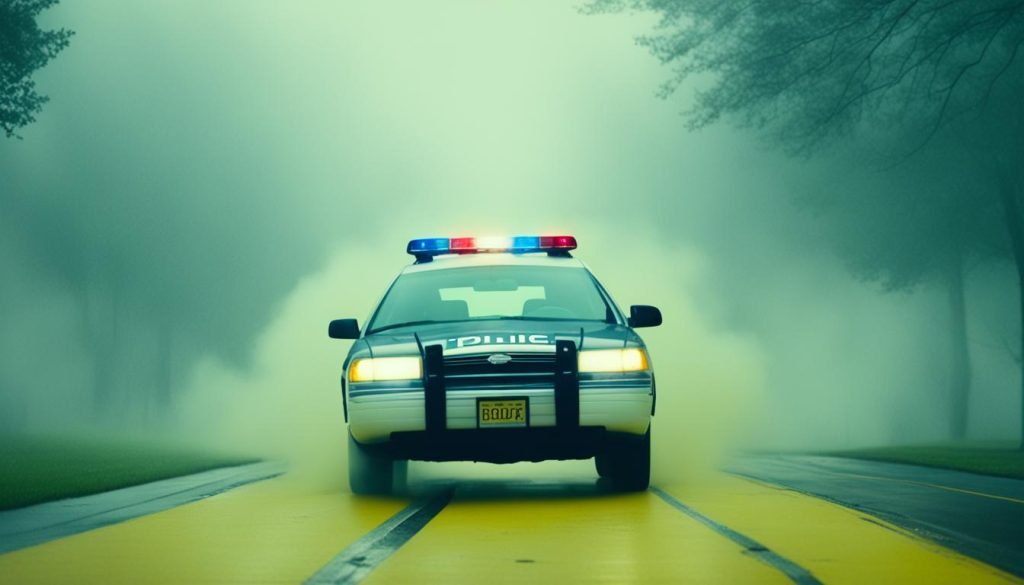
| Myth | Fact |
|---|---|
| Fluency in both English and French is required. | Fluency in either English or French is sufficient. |
| Height or athletic build are determining factors. | Physical fitness requirements can be met regardless of height or body type. |
| A degree in criminology is necessary. | A high school diploma with additional post-secondary credits may be sufficient. |
| There is a maximum age limit to join the police force. | There is only a minimum age requirement, and age is not a barrier. |
The Application Process for Police Officer Candidates
Applying to become a police officer in Canada is a rigorous and thorough process that evaluates an applicant’s qualifications and suitability for a career in policing. The application process consists of several steps that aim to ensure that the individuals selected for the job are capable of upholding the responsibilities and duties that come with being a police officer.
- Written Exam: The first step in the application process is typically a written exam. This exam assesses the applicant’s knowledge in areas such as law, ethics, and problem-solving skills.
- Physical Exams: Candidates must undergo physical exams to determine their overall health and fitness levels. These exams may include assessments of strength, endurance, and agility to ensure that applicants are physically capable of performing the tasks required of a police officer.
- Psychological Exam: A psychological exam is conducted to evaluate the mental and emotional fitness of candidates. This assessment helps identify any potential psychological factors that could affect an individual’s ability to fulfill the duties of a police officer.
- Medical Exams: Medical exams are administered to ensure that candidates are in good health and free from any conditions that may impede their ability to perform essential job functions.
- Polygraph Exam: A polygraph or lie detector test may be conducted to verify the truthfulness of the applicant’s responses during the application process.
- Background Investigation: A thorough background check is performed to assess an applicant’s personal, professional, and criminal history. This investigation may involve contacting family members, colleagues, and employers, as well as reviewing criminal records, driving records, credit history, and drug and alcohol use history.
The application process can take several months to complete, and candidates should be prepared to provide accurate and detailed information about their qualifications, background, and experiences. It is essential for individuals interested in becoming police officers to understand and meet the specific requirements set by each police agency they apply to.
Fitness Matters: Age and Physical Fitness in Police Training
The physical fitness requirements for police officers are essential, regardless of age. Whether you’re a young recruit or pursuing a second career, maintaining a certain level of physical fitness is crucial to succeed in police training and effectively perform your duties as an officer.
While there is no specific age limit for joining the RCMP or becoming a police officer, all applicants must meet the necessary physical fitness standards. This ensures that every officer possesses the strength, endurance, and agility required for the demands of the job.
Physical training for police cadets focuses on developing key skills such as cardiovascular endurance, muscular strength, and flexibility. It involves a combination of exercises, drills, and simulations that mimic real-life law enforcement scenarios.
Age should not be viewed as a limiting factor in police training. Older cadets, who bring life experience and maturity to the table, can excel if they are physically fit and have the determination to succeed. The RCMP Academy emphasizes that regardless of age, being fit is what matters most when it comes to meeting the physical fitness requirements for police officers.
Physical Fitness Requirements
To provide an overview of the physical fitness requirements for police officers, here is a sample table showcasing some of the key measurements and benchmarks that candidates must meet:
| Physical Fitness Component | Minimum Requirement |
|---|---|
| Aerobic Capacity | Complete a 2.4-kilometer run within a specified time |
| Upper Body Strength | Perform a minimum number of push-ups and sit-ups in a set time frame |
| Flexibility | Demonstrate specified range of motion in various joints |
| Agility | Complete obstacle courses or agility tests within a given time limit |
Note: The above table is for illustrative purposes only and does not represent the specific requirements of any particular police agency.
Meeting the physical fitness requirements is just one aspect of becoming a police officer. Candidates must also fulfill the educational, language, and background check requirements, among others, as part of the application and recruitment process.
Remember, being physically fit is not only critical during the training period but also throughout your policing career. As an officer, you may face physically demanding situations that require a high level of fitness to ensure your safety, the safety of your colleagues, and the public.
Life Experience in Policing: Second Careers and Older Cadets
Joining the RCMP or becoming a police officer later in life, as a second career, is not uncommon. Many individuals bring valuable life experience from previous professions or personal experiences to their roles as police officers. This experience can help them navigate diverse situations, communicate effectively with different types of people, and manage group dynamics.
Older cadets, like those who joined the RCMP after fulfilling other responsibilities or pursuing different careers, have shown success in their training and subsequent policing careers. Age should not be seen as a barrier to pursuing a career in policing, as life experience can be an asset in this field.
Transitioning to a career in policing later in life allows individuals to apply their skills, knowledge, and maturity to make a positive impact on their communities. Whether it’s leveraging leadership abilities gained from previous positions or utilizing problem-solving expertise honed through life experiences, older cadets bring a unique perspective to the police force.
The RCMP and other police agencies value the diversity of their officers and recognize the value of life experience in police work. So, if you’re considering a second career in policing or starting your journey as an older cadet, know that your life experience can be a valuable asset in serving and protecting others.
- The Role of Police in Community Safety & Unity - October 6, 2025
- Quebec Police Officer Salary Insights 2023 - July 13, 2025
- Canada Arrest Protocol: What Police Say Upon Arrest - June 12, 2025
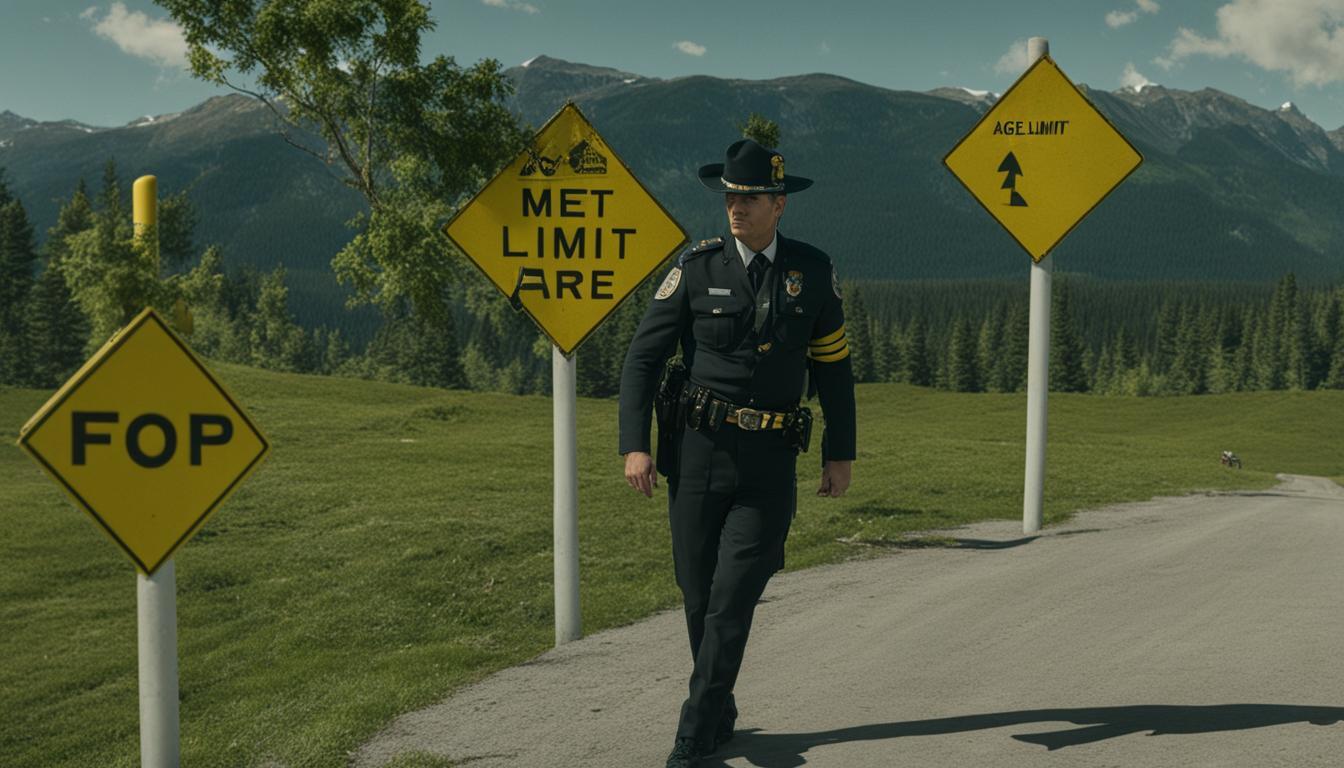
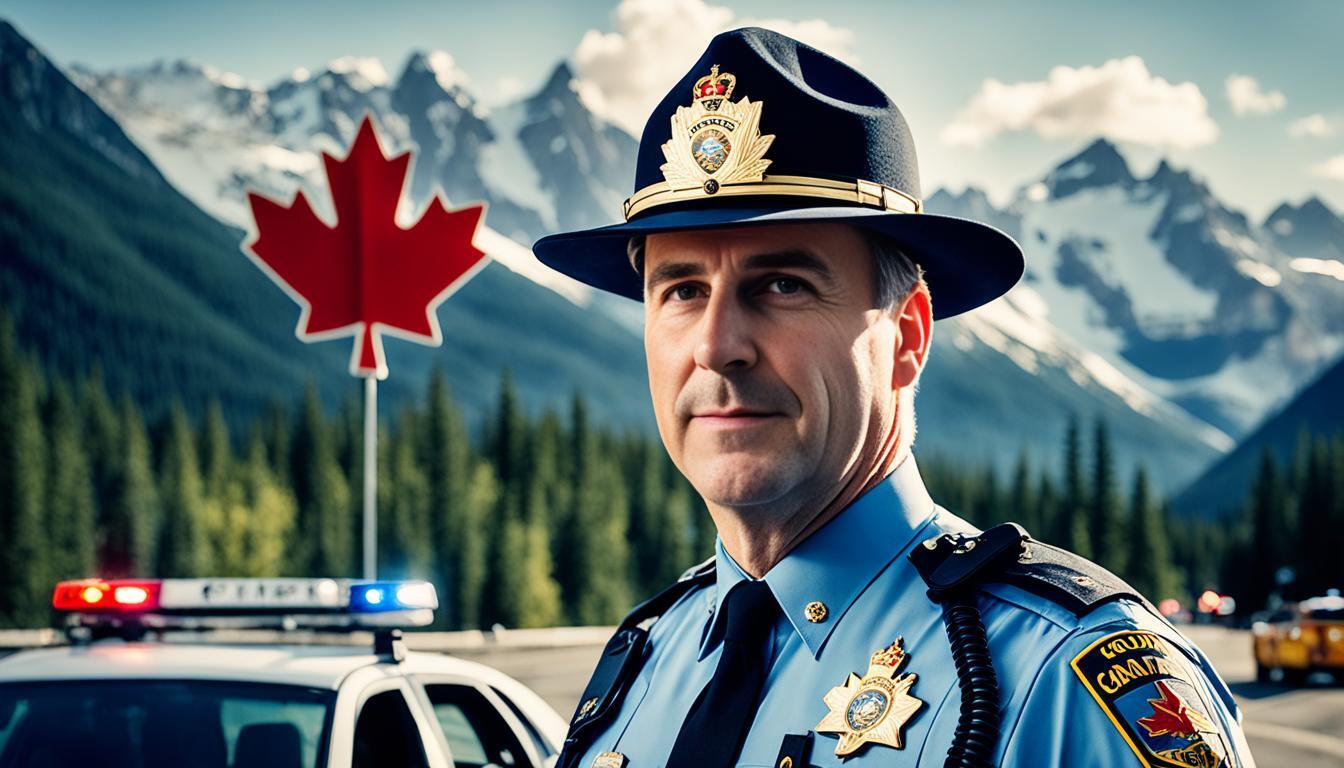
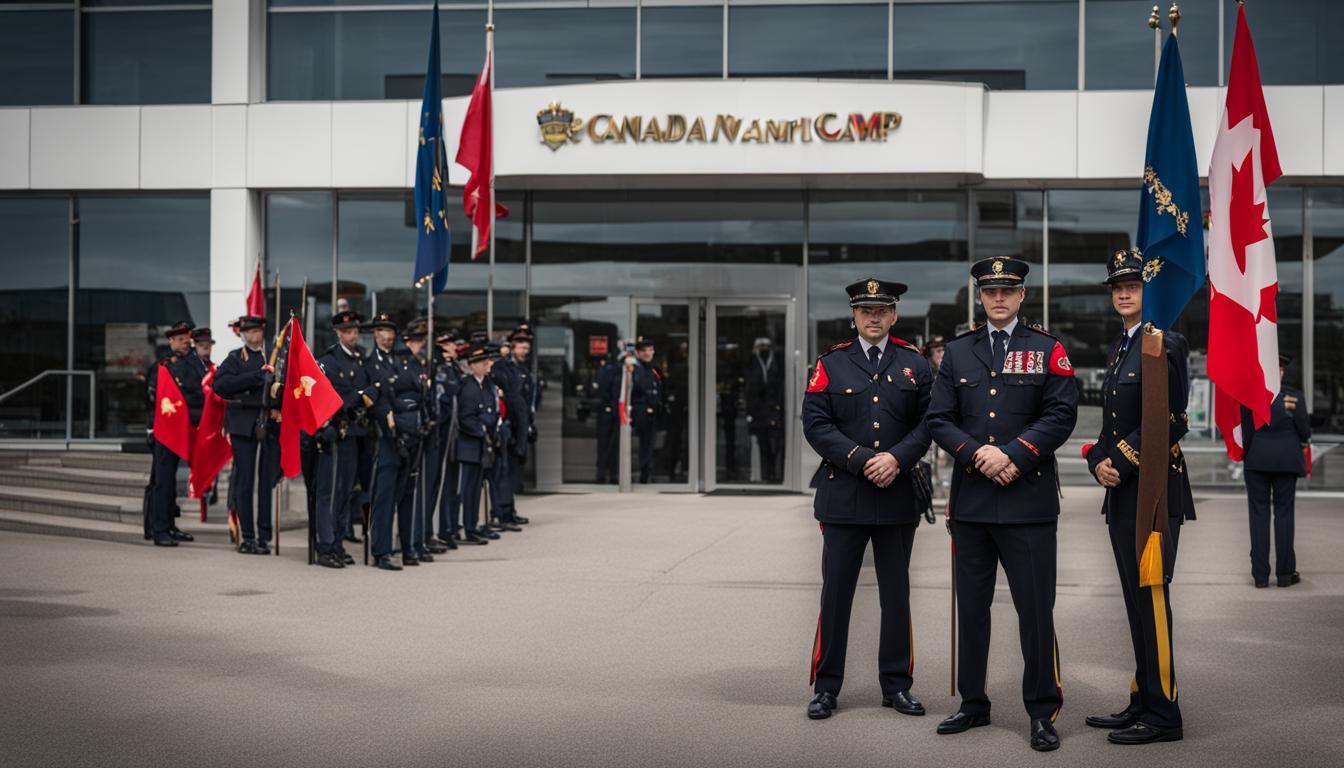
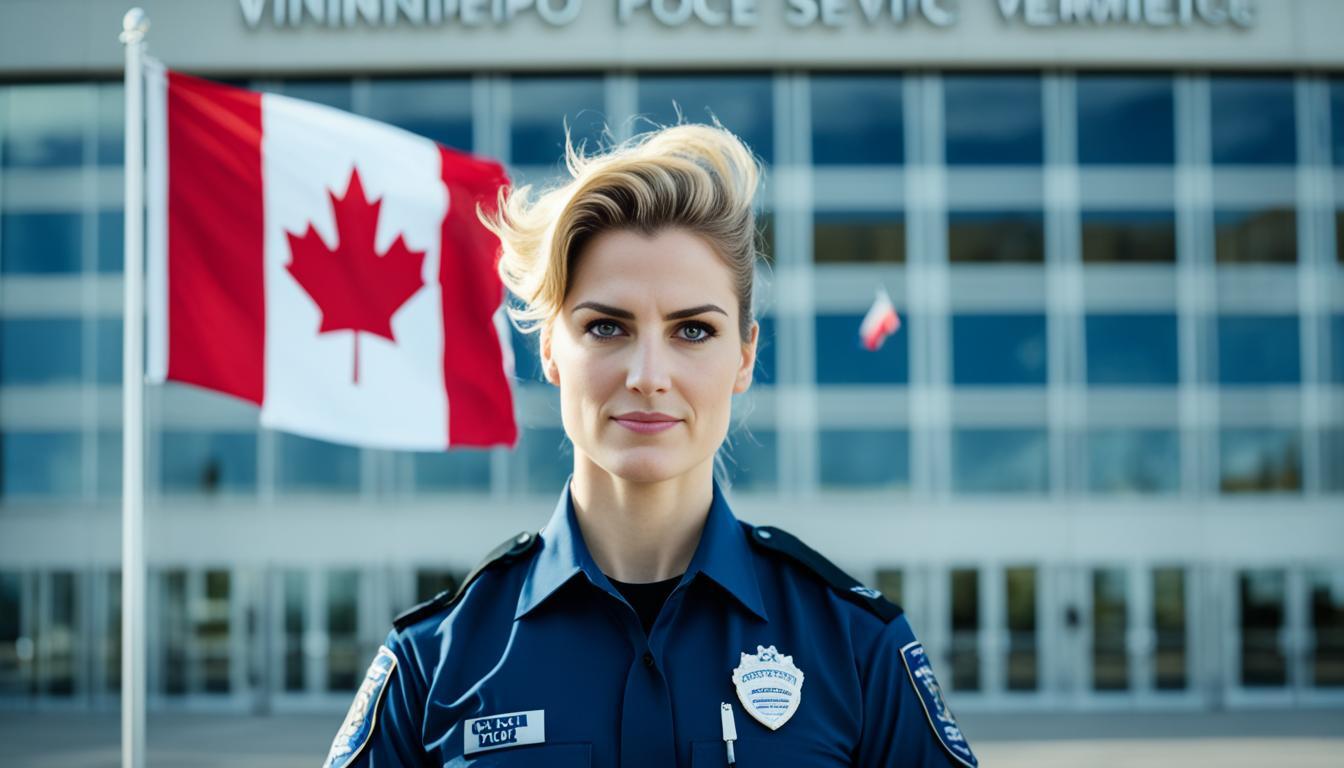
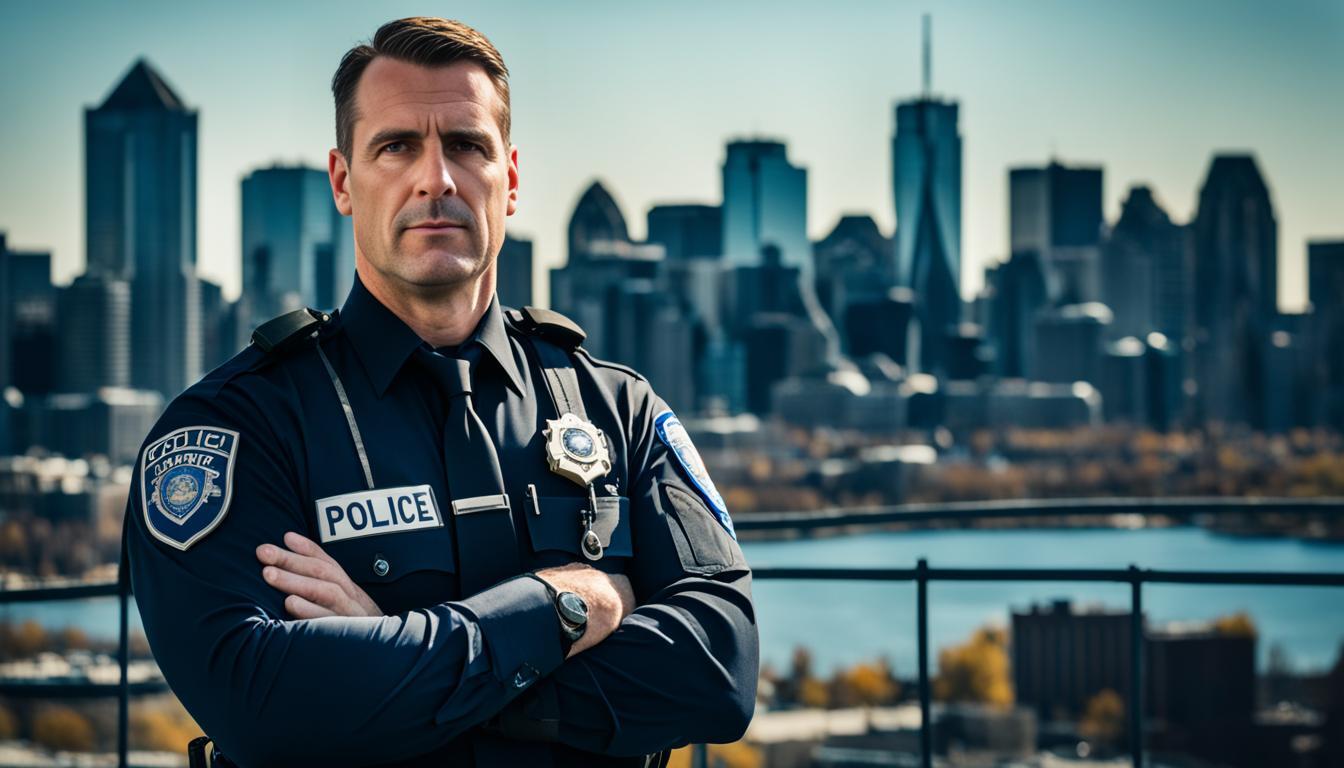
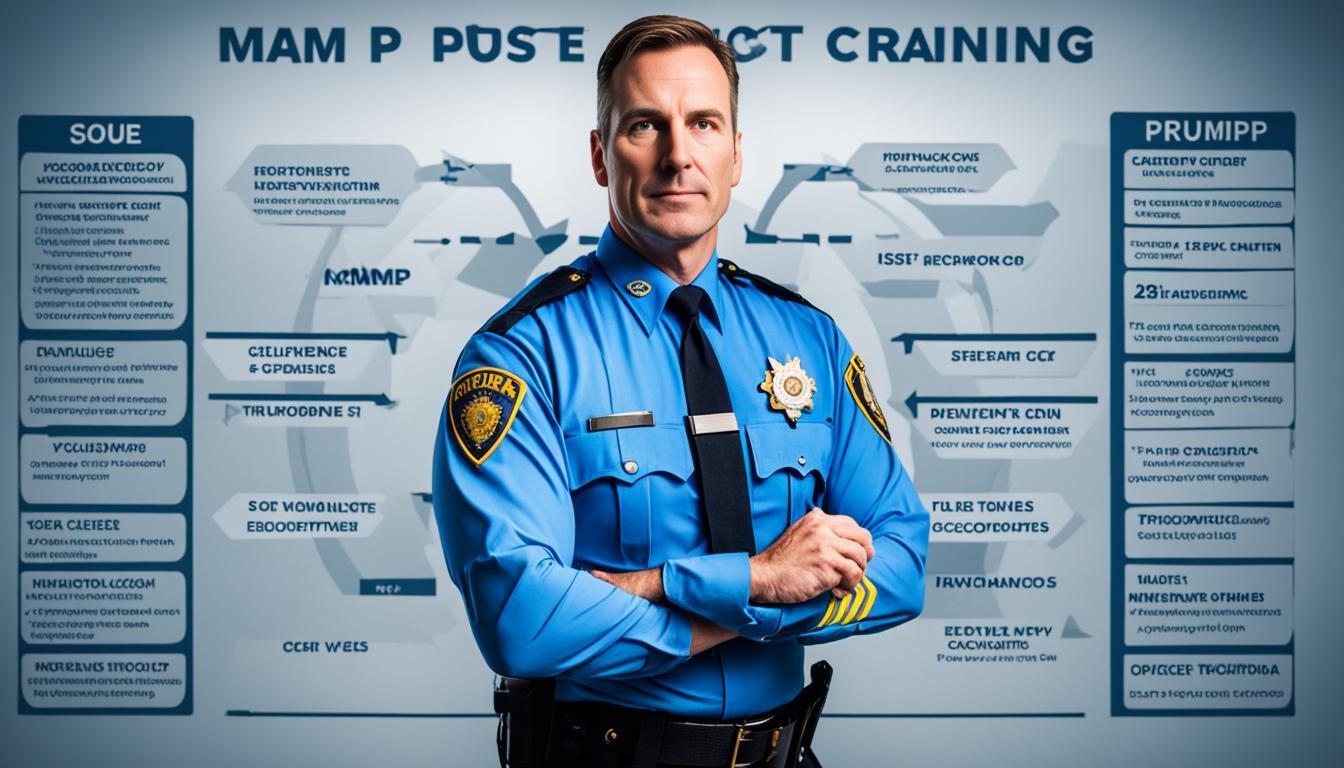
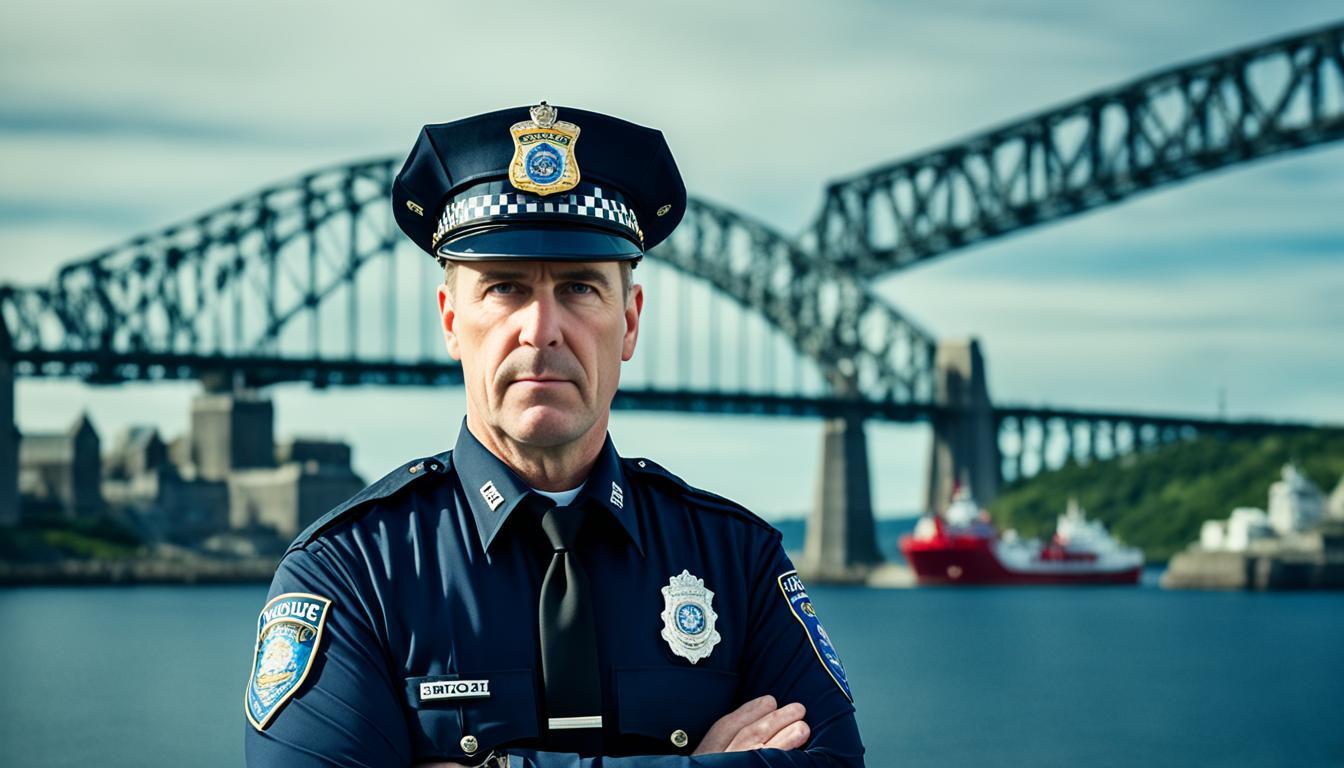
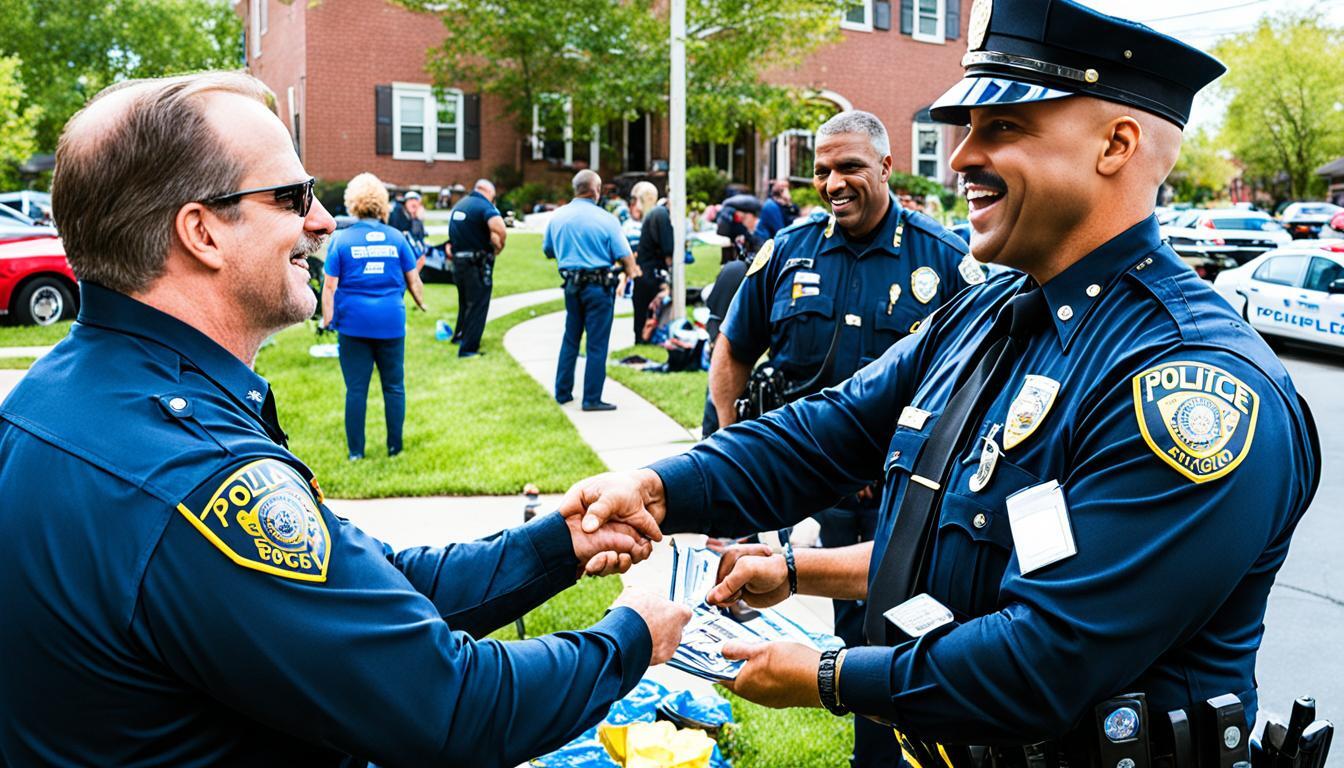
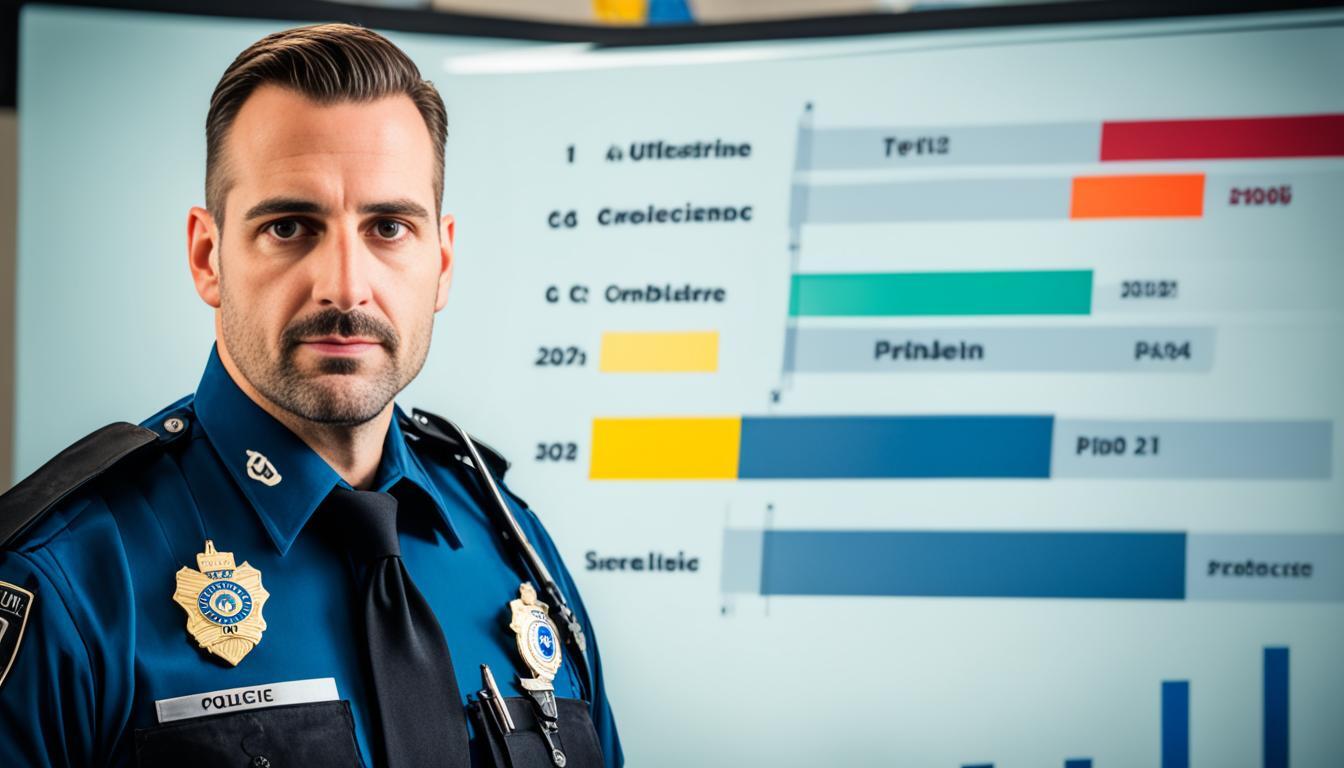











Post Comment